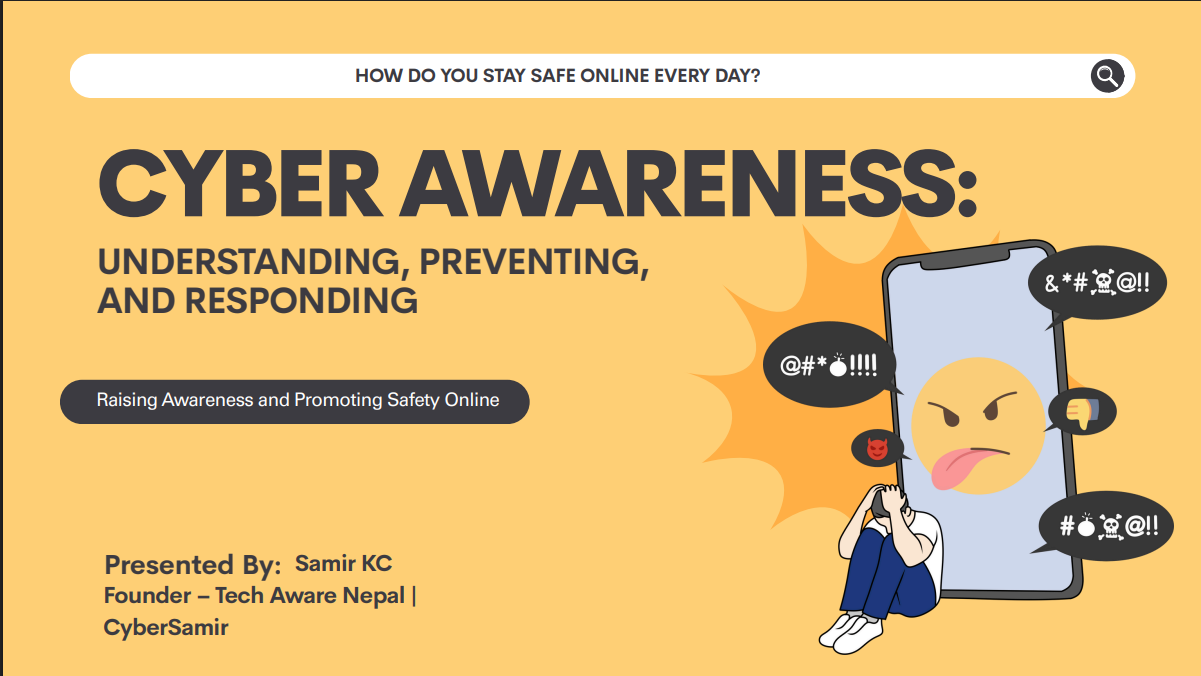
Nepal digital privacy regulations 2025
In a landmark move for digital rights in Nepal, the government has officially passed the “Digital Privacy and Data Protection Act, 2082.” This comprehensive new regulation is set to fundamentally change how businesses and organizations collect, store, and process the personal data of Nepali citizens. It marks a crucial step towards aligning Nepal with global data protection standards like GDPR and building a foundation of trust in our rapidly growing digital economy.
What is the “Digital Privacy and Data Protection Act, 2082”?
At its core, the Act is designed to give individuals greater control over their personal information. It establishes a legal framework that holds organizations accountable for protecting the data they handle. The law applies to any entity, whether located in Nepal or abroad, that processes the personal data of Nepali citizens.
Key Provisions for Citizens
For the average citizen, this new law is empowering. It grants several fundamental rights, including:
- The Right to Access: You now have the right to request and receive a copy of all the personal data an organization holds about you.
- The Right to Rectification: You can demand that any inaccurate or incomplete personal information be corrected.
- The Right to be Forgotten: You can request the deletion of your personal data under certain circumstances, such as when it is no longer needed for its original purpose.
- The Right to Restrict Processing: You can limit how an organization uses your data.
What Businesses in Nepal Need to Know
The Act introduces significant new compliance obligations for businesses. Failure to comply can result in substantial fines. Key requirements include:
- Lawful Basis for Processing: You must have a clear and lawful reason to process personal data, with a primary emphasis on obtaining explicit and informed consent from individuals. Vague or pre-ticked consent boxes are no longer acceptable.
- Data Breach Notifications: In the event of a data breach that poses a risk to individuals, organizations are now required to notify the new Data Protection Authority within 72 hours of discovery.
- Data Protection Officer (DPO): Organizations that process large volumes of sensitive data will be required to appoint a DPO to oversee their data protection strategy.
- Data Localization: The Act includes provisions that may require certain types of sensitive personal data to be stored on servers located within Nepal.
Establishment of a Data Protection Authority (DPA)
A crucial part of the new regulation is the formation of an independent Data Protection Authority of Nepal. This body will be responsible for enforcing the Act, investigating complaints from citizens, conducting audits of organizations, and issuing penalties for non-compliance.
Conclusion: The Digital Privacy and Data Protection Act is a foundational step for Nepal’s digital future. While it presents a significant challenge for businesses to overhaul their data handling practices, it will ultimately foster a climate of trust and security. For consumers, it brings a new era of control and protection. For Nepal, it signals our commitment to building a safe, responsible, and thriving digital society.





